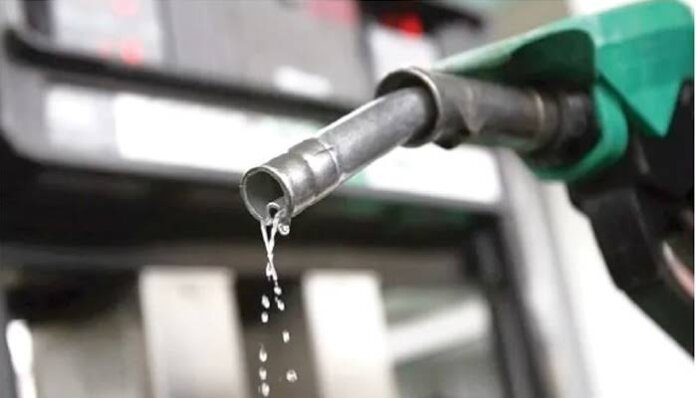The Dangote oil refinery is set to put an end to the monthly importation of an average of 1 billion litres of premium motor spirit in Nigeria.
This was as the Chairman of the Dangote Group, Aliko Dangote, revealed that Nigeria would end petrol imports the moment the refinery started selling the product in June.
Speaking at the Africa CEO Forum Annual Summit in Kigali, Rwanda on Friday, Dangote expressed optimism about transforming Africa’s energy landscape.
According to him, following the laid-down plans of the Dangote refinery, Nigeria will no longer need to import petrol starting next month.
Dangote also stated that his refinery can meet West Africa’s petrol and diesel needs, as well as the continent’s aviation fuel demand.
Dangote’s 650,000 barrels per day refinery has been trying to secure crude supplies from the United States following the inability of Nigeria to ramp up production.
The refinery, which is the largest in Africa and Europe when it reaches full capacity, has since commenced the sale of diesel and aviation, but its petrol is yet to hit the market.
The National Vice President of the IPMAN, Hammed Fashola, said that the Dangote refinery can supply fuel to Nigeria and West Africa.
“We are happy about it and I believe it is possible when you consider the capacity of the refinery. Due to the capacity, I think the Dangote refinery can satisfy our needs as far as petroleum products are concerned, especially petrol. He can even satisfy other West African countries. It is good news,” Fashola stated.
The IPMAN leader expressed the eagerness of marketers to start lifting fuel from the refinery, saying, “We are all waiting, we are eager for the commencement of the lifting on petroleum products from Dangote refinery, especially petrol”.
Asked if the marketers were expecting a price cut like it happened when the refinery started selling diesel, Fashola retorted that the price may not go back to the N200 per litre that it was before the removal of fuel subsidies, but there would be a marginal reduction.
“On price, I don’t want to predict, but when you look at it from the angle of common sense, the price cannot come back to our old price, but I believe there should be some changes in terms of price because when you look at other factors associated with imported petroleum products, there are some costs that will be cut off, not the major ones; but I believe there will be a little price difference,” he maintained.
The marketer stressed that the private refinery would put an end to fuel scarcity in Nigeria as the product would no longer be imported.

